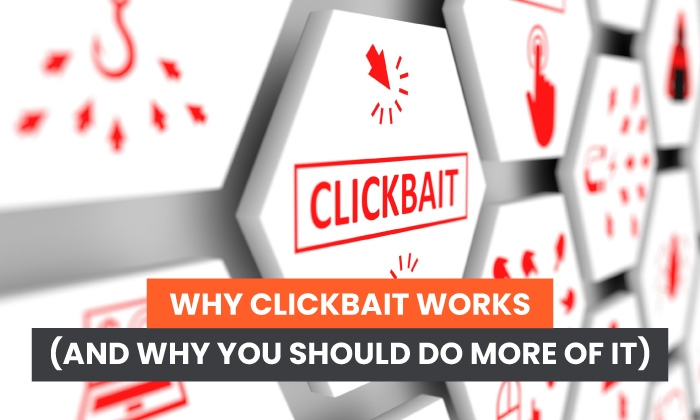Report: Facebook, Google Fund Malign Clickbait Actors Through Ad Programs

We’ve known for some time Facebook’s engagement-driven algorithms amplify and monetize inflammatory content, fake news and misinformation. Now, a report in MIT Technology Reviewtakes a deep dive into this activity and shows how Facebook and Google are funding these activities.
In 2016, the social platform offered global access to its Instant Articles program, where publishers could embed their content on Facebook instead of linking back to the publisher’s own site. The idea was the UX would be cleaner and faster, and it would represent an additional source of revenue via ads against the Facebook content and sold through Facebook’s own ad network. Facebook would get a cut of the revenue.
Instant Articles quickly lost popularity among legitimate publishers, but it found a new audience: clickbait sites, which often use plagiarized content.
“An MIT Technology Review investigation, based on expert interviews, data analyses, and documents that were not included in the Facebook Papers, has found that Facebook and Google are paying millions of ad dollars to bankroll clickbait actors, fueling the deterioration of information ecosystems around the world,” the MIT Technology Review report states.
The numbers are staggering.In 2018, Facebook reported paying out $1.5 billion to publishers and app developers. By 2019, that figure had reached multiple billions.
Facebook also didn’t prohibit users from posting identical content across the platform, Technology Review said. In fact, it rewarded the behavior. When the same article was viewed and clicked on multiple pages by an increasing number of users, the ad revenue increased. “Clickbait farms around the world seized on this flaw as a strategy — one they still use today,” Technology Review said.
“MIT Technology Review has found the problem is now happening on a global scale. Thousands of clickbait operations have sprung up, primarily in countries where Facebook’s payouts provide a larger and steadier source of income than other forms of available work. Some are teams of people while others are individuals, abetted by cheap automated tools that help them create and distribute articles at mass scale. They are no longer limited to publishing articles, either. They push out Live videos and run Instagram accounts, which they monetize directly or use to drive more traffic to their sites.
Google is also culpable. Its AdSense program fueled the Macedonia- and Kosovo-based farms that targeted American audiences in the lead-up to the 2016 presidential election. And its AdSense that is incentivizing new clickbait actors on YouTube to post outrageous content and viral misinformation.
In response to the detailed evidence we provided to each company of this behavior, Meta spokesperson Joe Osborne disputed our core findings, saying we’d misunderstood the issue. “Regardless, we’ve invested in building new expert-driven and scalable solutions to these complex issues for many years, and will continue doing so,” he said.
(52)